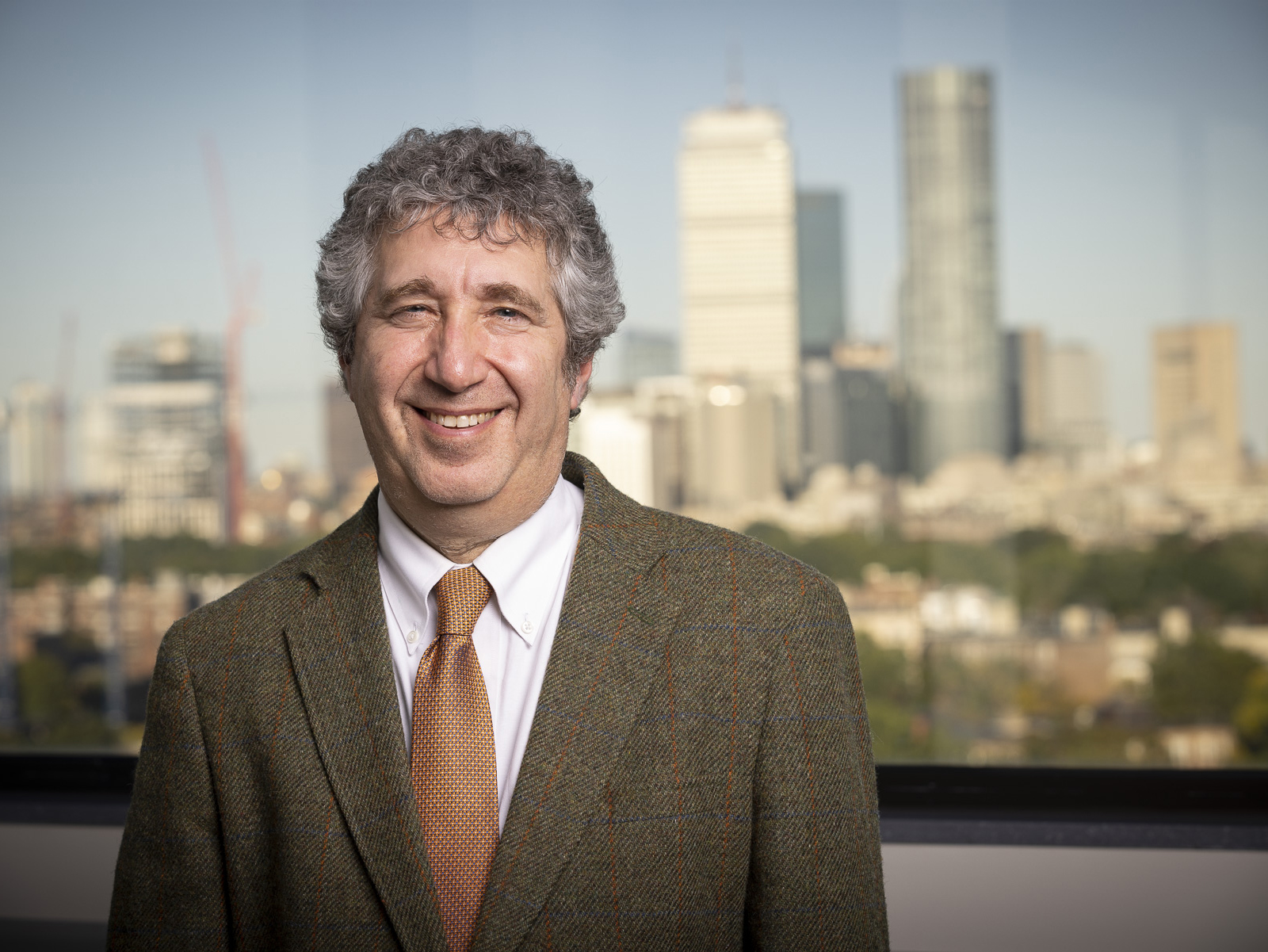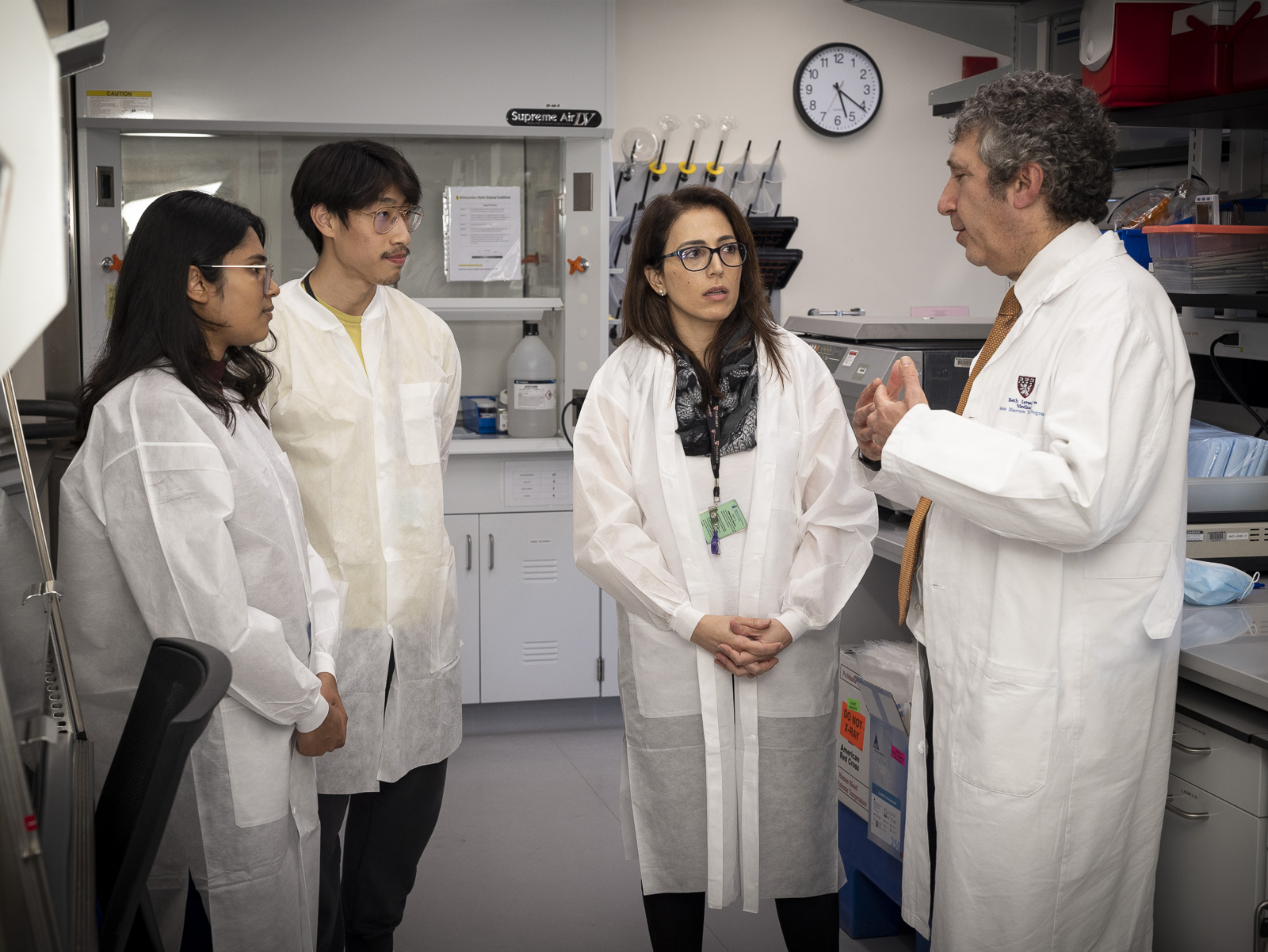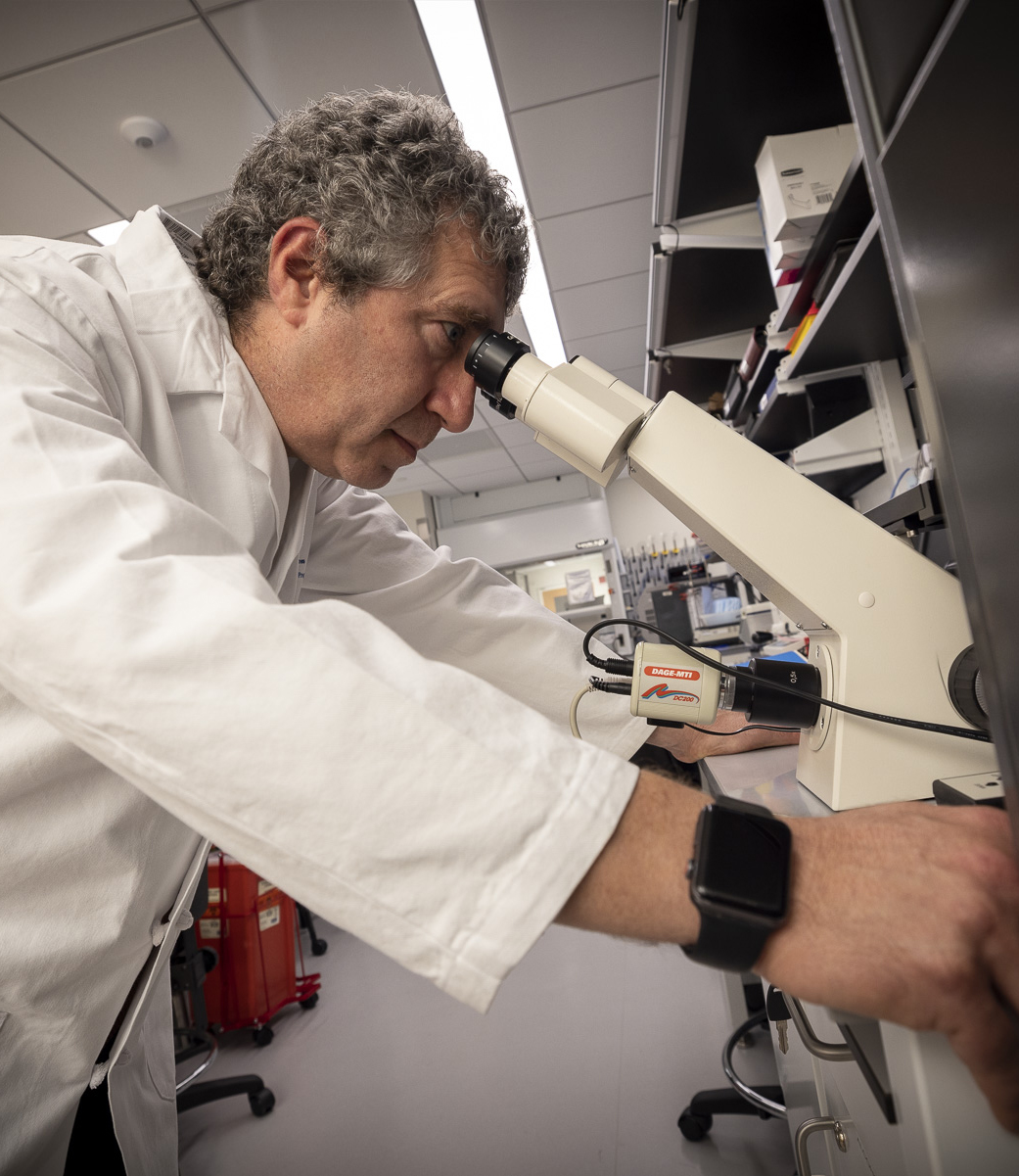
Clinical Excellence, Pioneering Research
A conversation with David Avigan, MD, Cancer Center Director
In September 2022, David Avigan, MD, was named director of the Beth Israel Deaconess Medical Center (BIDMC) Cancer Center and Senior Vice President of Cancer Services at Beth Israel Lahey Health (BILH). In his role, Avigan leads a large, multidisciplinary team to set the vision and strategic direction for cancer care, research, and education for the BIDMC Cancer Center and the BILH network. A professor of medicine at Harvard Medical School, Avigan directs a large translational program in cancer immunotherapy including the development of CAR T cells and personalized cancer vaccines.
What inspired you to specialize in hematology-oncology?
Cancer is a scary disease that hits people at their core. Being able to partner with patients as they go through their cancer journey creates a profound connection. That special relationship is what drew me to medicine. This is a dynamic field where new, innovative therapies are dramatically improving life expectancies. Playing a role in designing these new therapies is very exciting on a personal level.
Can you give us a window into BIDMC’s approach?
Everything we do is anchored in making the lives of our patients better. What’s unique about our team is the high level of integration between leadership—myself included—and those at the bedside. Being able to observe firsthand the impact of a therapy we are developing or studying is grounding. It really frames how we think about our research and keeps it focused on the patient. It’s this dedication to patient care that sets us apart; we are truly different from comparable institutions.
In the realm of research, what can you share about the ongoing clinical trials to evaluate your cancer vaccine?
Immunotherapy and CAR T-cell therapies have been transformational, particularly in the treatment of lymphoma and multiple myeloma, where we have seen a subset of patients who have had a profound response. This has opened the door to further investigation. There’s a focus right now on looking at different combinations of immunotherapies, which presents an exciting opportunity for us to make a significant contribution.
Tell us more about the importance of clinical trials.
Clinical trials are how we translate discovery work into treatments for patients. They are extremely complex to run, whether we’re sponsoring the trial or collaborating with an industry partner. Creating, sustaining, and expanding a robust infrastructure for trials is vital so that we can continue to expand access to trials for our patients across different demographics and geographical areas. One area that I’m particularly excited about is clinical trials related to CAR T-cell therapies. The fact that we have a cell therapy center puts us in a great position to lead in this area, and make these therapies more accessible.
What’s your vision for the future of cancer care and research at BIDMC, and what role does philanthropy play?
Philanthropy plays an absolutely vital role in the work we do, on many levels. Moving forward, it’s important that we further integrate our clinical, research, and educational missions. To do so, we plan to create multidisciplinary teams that cut across departmental identities—surgery, pathology, radiation, oncology, and medicine. Informing our discovery work by understanding what’s going on with the patients at the bedside is essential.
And how does this extend system-wide?
The BILH network is a wonderful opportunity for us to think about integrating care across larger academic tertiary care centers and community hospitals. There’s an opportunity to create standards of care that ensure patients get the same access no matter where they are. Again, philanthropy is critical to this work and we are so grateful to our generous, visionary donors.
Make a gift to BIDMC today.

David Avigan, MD, with colleagues
